Role of Culture in Development
This book covers a spectrum of topics related to culture and development that Dr Kapila Vatsyayan presented on different occasions and platforms. “Culture” has a wide meaning and varied interpretations. The term “development” is equally loaded and complex. Both the terms mean different to different persons. Development sans cultural values and ethos makes no sense. Therefore, interlinking of developmental programmes with cultural and educational programmes is imperative.
The volume thus discusses topics such as underlying concepts of the Indian cultural heritages; cultural configuration; profiling of cultural development; cultural tourism, its scope and impacts; new educational policy and the need to incorporate cultural goals in it; cultural osmosis between India and Indonesia; cultural patterns of India; what is culture from the Indian perspective; challenges in institutionalizing culture; cultural relations between India and Indo-China countries; and the contribution of Scheduled Castes and Scheduled Tribes for providing a unique identity to Indian culture.
It also deals with Mahatma Gandhi’s blueprint on development and the report of World Commission on Culture and Development; Lenin’s role in making culture available to the Soviet masses and speaks about an ecology of human resources; and contributions of the Orientalists and the present status of Oriental institutes, among some other topics.
Contents: 1. Towards a cultural policy. 2. Some underlying concepts of the Indian cultural heritage. 3. Cultural configuration. 4. Cultural development: a profile. 5. Cultural dimensions of tourism. 6. Cultural goals of new educational policy. 7. Cultural osmosis between India and Indonesia. 8. Cultural patterns of Asia. 9. Culture and development. 10. Culture: the crafting of institutions. 11. Institutionalizing culture: contemporary issues of administrative systems. 12. Jottings on Indian culture. 13. Lenin and his role in making culture available to the masses. 14. Perspectives on cultural relations between India and Indo-China. 15. Scheduled castes and scheduled tribes: an alternative approach - India’s indebtedness to them for providing a cultural identity. 16. Toward an ecology of human resources. 17. Whither orientalism? Index.
Get it now and save 10%
BECOME A MEMBER

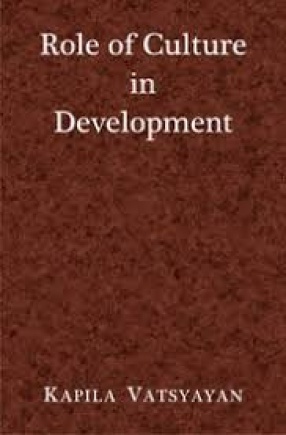
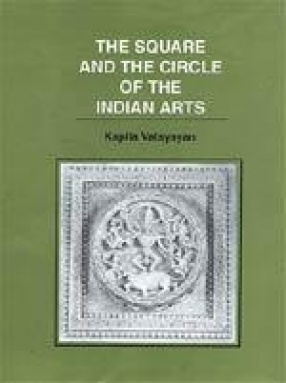

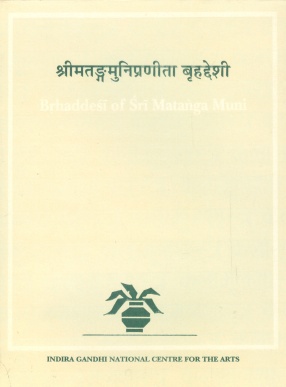
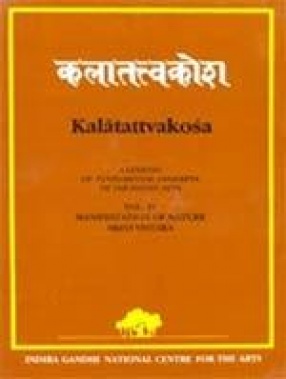

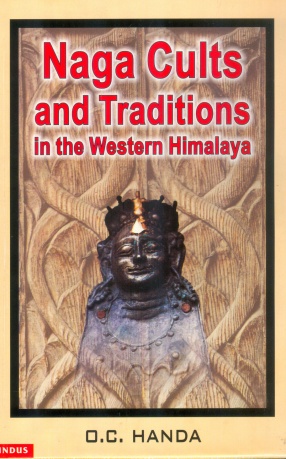
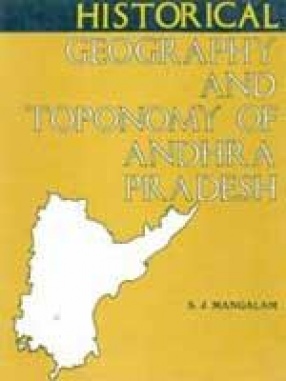
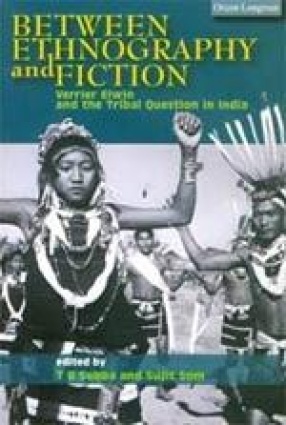

Bibliographic information